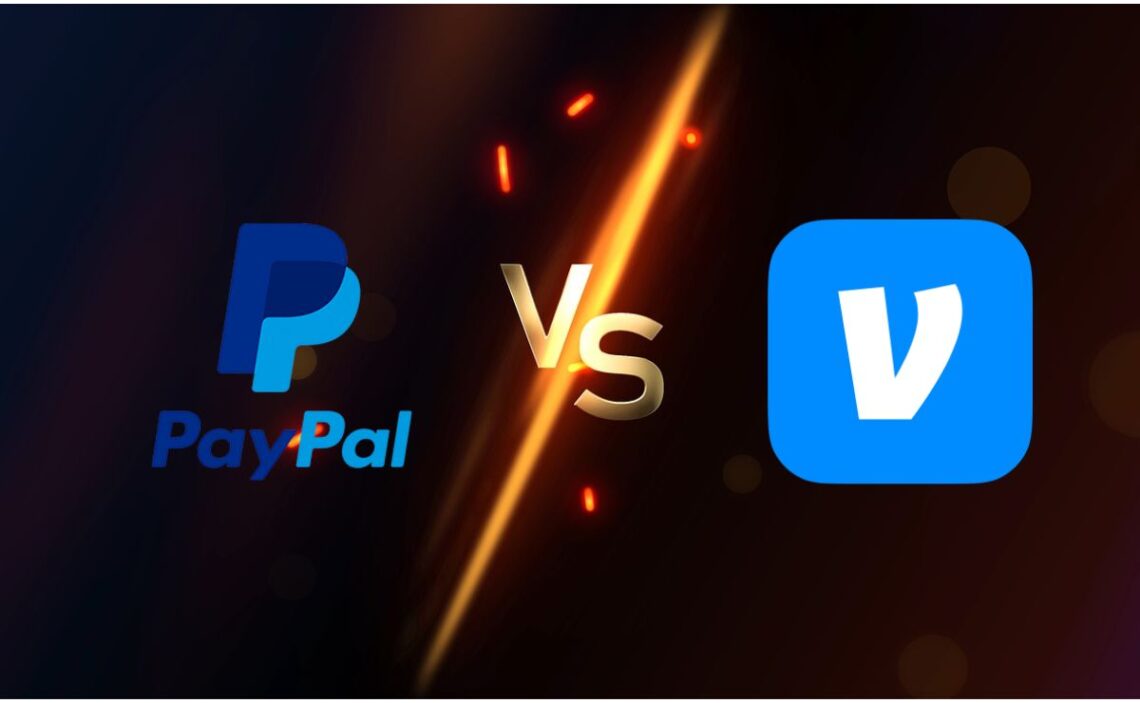PayPal and Venmo are two closely related platforms, with Venmo emerging as an offshoot of the latter. Both these digital payment services were developed by the same owners, sharing a common lineage. However, despite their shared origins, they serve distinct economic purposes and exhibit many differences that may lead you to favor one.
Your choice largely hinges on the nature of your transactions, from international financial dealings to domestic exchanges, peer-to-peer money transfers among friends, or payments in virtual and physical businesses. Venmo and PayPal, while sharing a family resemblance, are tailored to cater to diverse user preferences and transaction needs.
These virtual money platforms have evolved to address a broad spectrum of financial scenarios, and understanding their differences is crucial to selecting the most suitable option for your specific requirements. For example (roughly speaking), if you’re a frequent international transactor or need a versatile tool for managing multiple currencies, PayPal’s global reach and currency conversion features might make it your best choice.
On the other hand, Venmo is especially popular among friends and social circles because of its informal and easy-to-use approach, making it an ideal choice for splitting bills, sharing expenses, and settling debts within your local network.
Differences between PayPal and Venmo
PayPal is suitable for online shoppers, small business owners, and those transacting internationally due to its broad geographic reach and currency options. On the other hand, Venmo is ideal for making payments between people who know each other personally, such as friends and family, and is primarily used in the United States. Let’s take a look at the most critical features of each virtual wallet:
[wpdatatable id=546]Venmo and PayPal Pros and Cons
With all the above, we can conclude the advantages and disadvantages of each digital app. To make it more transparent, let’s divide the pros and cons of PayPal and Venmo to have a clearer picture of each online payment service .
Advantages of Venmo
- Easy to Use: Venmo is straightforward, especially for paying friends and making simple transactions.
- Social Payments: You can add comments and emojis to your payments, making it fun and more interactive when paying friends.
- Speed: When you pay a friend on Venmo, the money is usually available immediately in their account.
- Splitting Expenses: Venmo allows you to split expenses with friends, which is helpful for shared dinners or trips.
- Low Fees: Venmo does not charge fees when you pay from your bank account or debit card.
Disadvantages of Venmo
- Limited to the U.S.: Venmo only works within the United States, so it is not helpful for international transactions.
- Credit Card Fees: Venmo charges a 3% fee for credit card payments, which can be costly.
- Money Limits: Venmo has lower limits on the amount of money you can send, which could be a problem for more significant transactions.

Advantages of PayPal
- International Availability: PayPal is used worldwide and accepts many currencies, making it suitable for international transactions.
- Versatility: You can use PayPal to pay friends, shop online, or make business transactions.
- Higher Money Limits: PayPal offers higher transaction limits, which is helpful for larger payments.
- Reliable Security: PayPal has a good reputation for security and user protection.
- Business Tools: It offers additional features for business owners, such as online payment processing options.
Disadvantages of PayPal
- Credit Card Fees: Like Venmo, PayPal charges a 2.9% fee plus a fixed commission when paying with a debit or credit card.
- Less Social Features: Unlike Venmo, PayPal does not have social features, so it is less interactive when paying friends.
- Less Casual Payment Focus: PayPal focuses more on business transactions and online purchases, so it may not be the best option for informal payments between friends.
Which is better, PayPal or Venmo?
While Venmo is an excellent option for payments between friends and casual transactions, especially within the U.S., PayPal is a more versatile option, ideal for international transactions, online purchases, and business owners. Your personal and business needs, as well as your location and preferences for interface and social features, will determine your choice between the contactless payment apps.


